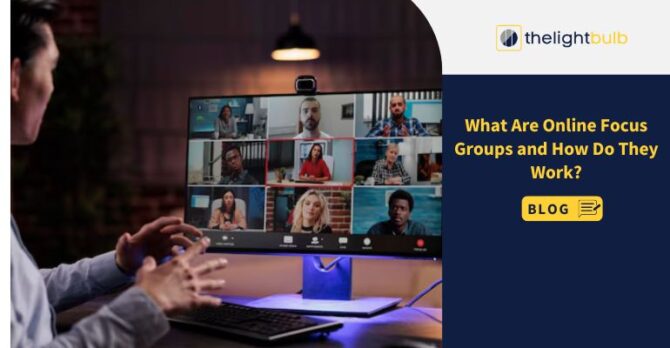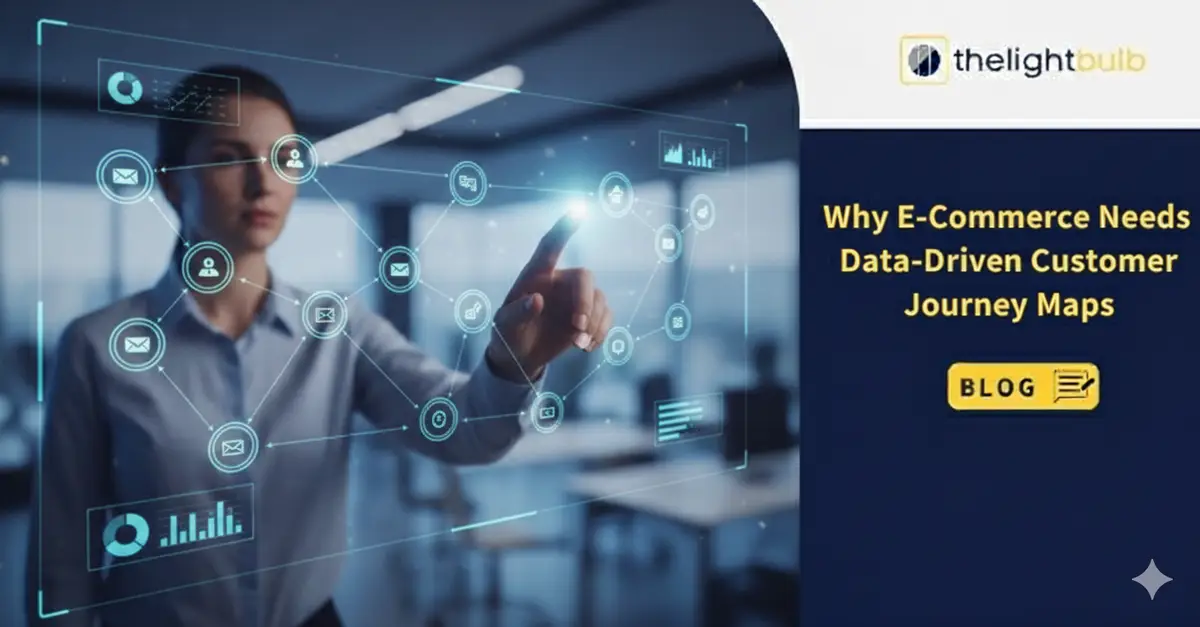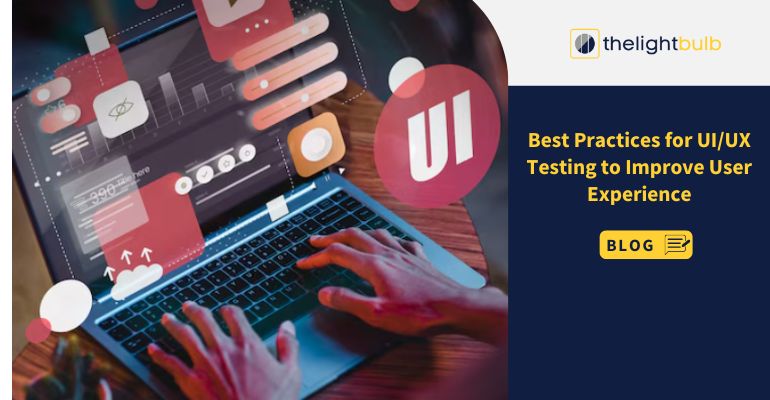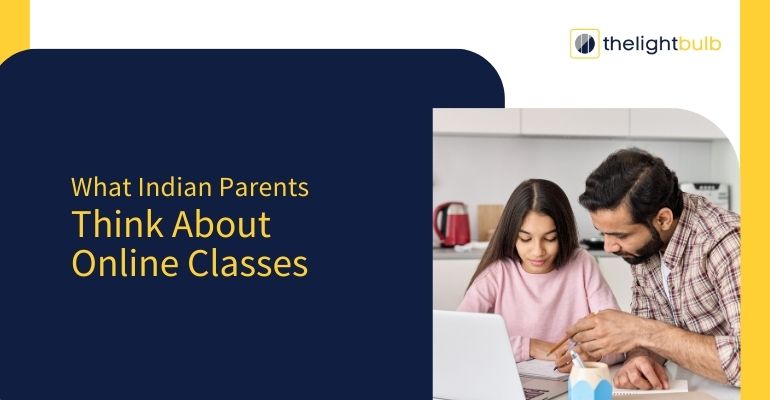
In the age of virtual transformation, corporations want innovative techniques to recognize their clients and make information-driven picks. Online interest agencies have emerged as an effective tool for accumulating qualitative insights. They integrate conventional popularity organization methodologies with the convenience of the net, making them handy and green for agencies of all sizes.
This weblog will explore what online attention groups are, how they paint, their benefits, and practical steps to behave successfully. We’ll moreover cope with a few commonplace questions that will help you maximize the rate of online attention companies on your studies.
- What Are Online Focus Groups?
- How Do Online Focus Groups Work?
- Benefits of Online Focus Groups
- Challenges of Online Focus Groups
- Challenges of Online Focus Groups
- Best Practices for Online Focus Groups
- Conclusion
- FAQs
- 1. What is the cause of online recognition businesses?
- 2. How are contributors decided on for online cognizance corporations?
- 3. What tools are commonly used for online focus corporations?
- 4. How lengthy do online attention institution instructions last?
- 5. What are the benefits of on-line attention businesses in assessment to standard ones?
What Are Online Focus Groups?
Online attention corporations are digital discussions wherein a group of individuals affords remarks on precise subjects, products, or offerings. These classes are moderated and completed via on-line systems, collectively with video conferencing gear or committed studies software programs.

Participants typically represent a target marketplace or purchaser demographic, ensuring that the insights accumulated are relevant and actionable. Unlike conventional popularity companies, online cognizance companies provide flexibility in phrases of area and timing, allowing individuals and moderators to sign up for from anywhere within the worldwide.
How Do Online Focus Groups Work?
Online awareness organizations observe a based manner to make certain full-size and organized discussions. Here’s a breakdown of methods they work:
1. Define Objectives
The first step is to outline easy goals. What do you need to have a look at? Common desires consist of Understanding purchaser picks. Testing new product thoughts. Gathering comments on marketing and advertising campaigns. Having well-described goals guarantees the dialogue stays focused and efficient.
2. Recruit Participants
Recruiting the proper members is essential. They have to align alongside your goal market to offer precious insights. Recruitment strategies include Using client databases. Posting on social media systems. Collaborating with market studies corporations. Ensure variety in members to capture various perspectives.
3. Choose a Platform
Select a platform that helps your goals. Popular alternatives include:
Zoom and Microsoft Teams: Ideal for live video discussions. Qualtrics and Focus Vision: Tailored for research with superior gadget for information series and assessment. The platform needs to be patron-pleasant and provide features like recording and actual-time chat.
4. Develop a Discussion Guide
A communication manual allows moderators to steer the conversation. Include Key topics to address. Open-ended inquiries to inspire unique responses. Probing questions for deeper insights. For example, in case you’re attempting out a new product, you could ask: “What functions stand out to you, and why?”
5. Conduct the Session
Moderators facilitate the consultation by means of Welcoming contributors and placing expectations. Encouraging open and honest comments.
Keeping the talk heading inside the right direction.
Sessions typically last 60-90 minutes, offering enough time for in-depth discussions.
6. Analyze Results
After the consultation, evaluation recordings and transcripts to find out styles and topics. Use tools like sentiment evaluation to quantify qualitative data. Share findings with stakeholders to tell alternatives.

Benefits of Online Focus Groups
Online focus groups offer several advantages over traditional in-person sessions:
1. Accessibility
Participants can join from anywhere, reducing geographical barriers. This global reach ensures diverse perspectives and saves travel costs.
2. Convenience
Online focus groups are more flexible in scheduling, accommodating participants’ busy lives. Moderators can also manage multiple sessions with ease.
3. Cost-Effectiveness
Eliminating the need for physical venues and travel reduces expenses significantly. Businesses can allocate more budget toward incentives or advanced research tools.
4. Anonymity
Participants often feel more comfortable sharing honest feedback online. This anonymity can lead to more authentic insights, especially for sensitive topics.
5. Enhanced Data Collection
Many platforms offer features like transcription, sentiment analysis, and visual data representation. These tools streamline the analysis process and provide actionable insights.
Challenges of Online Focus Groups
While online focus groups have numerous benefits, they also come with challenges:
1. Technical Issues
Internet connectivity problems or unfamiliarity with technology can disrupt sessions. Providing clear instructions and technical support minimizes these risks.
2. Convenience
Online focus groups are more flexible in scheduling, accommodating participants’ busy lives. Moderators can also manage multiple sessions with ease.
3. Cost-Effectiveness
Eliminating the need for physical venues and travel reduces expenses significantly. Businesses can allocate more budget toward incentives or advanced research tools.
4. Anonymity
Participants often feel more comfortable sharing honest feedback online. This anonymity can lead to more authentic insights, especially for sensitive topics.
5. Enhanced Data Collection
Many platforms offer features like transcription, sentiment analysis, and visual data representation. These tools streamline the analysis process and provide actionable insights.
Challenges of Online Focus Groups
While online recognition groups have several advantages, moreover they encompass demanding situations:

1. Technical Issues
Internet connectivity troubles or unfamiliarity with technology can disrupt classes. Providing clear commands and technical help minimizes these risks.
2. Limited Non-Verbal Cues
Online intervals might also lack the depth of in-man or woman interactions, in which frame language and different non-verbal cues upload context. Moderators need to depend more on verbal feedback.
3. Participant Engagement
Keeping members engaged in a virtual place may be challenging. Using interactive tools like polls or display sharing allows maintaining interest.
Best Practices for Online Focus Groups
1. Select the Right Moderator
Choose a skilled moderator who can construct rapport, control discussions, and deal with technical issues. Their functionality to probe and inspire participation is important for big effects.
2. Test the Technology
Conduct a tribulation run to make certain the platform works easily. Check audio, video, and display-sharing skills to avoid disruptions in the course of the session.
3. Offer Incentives
Incentives like gift cards or discounts encourage contributors to enroll in and actively have interaction in the dialogue.
4. Encourage Participation
Create an inclusive environment wherein individuals feel comfortable sharing their critiques. Ask open-ended questions and renowned their contributions.
5. Maintain Confidentiality
Assure members that their responses will live exclusively. Transparency builds don’t forget and encourages honest remarks.
Conclusion
Online awareness corporations are a useful tool for groups searching for deeper insights into their clients. By combining the traditional attention organization format with the energy of digital systems, they provide a convenient, fee-powerful, and inexperienced way to build up qualitative statistics.
When performed effectively, online cognizance agencies can find treasured purchaser insights, improve selection-making, and enhance services or products. By following first-rate practices and leveraging the right equipment, you could make certain that your next online recognition institution offers you significant and actionable.
FAQs
1. What is the cause of online recognition businesses?
Online awareness businesses help agencies acquire qualitative insights approximately consumer opportunities, behaviors, and critiques on particular subjects, products, or services.
2. How are contributors decided on for online cognizance corporations?
Participants are normally decided on based totally on particular standards, which includes demographics, conduct, or consumer profiles. Recruitment can be done through databases, social media, or research organizations.
3. What tools are commonly used for online focus corporations?
Popular equipment encompasses Zoom, Microsoft Teams, Qualtrics, and Focus Vision. These systems provide features like recording, actual-time chat, and facts evaluation.
4. How lengthy do online attention institution instructions last?
Sessions normally final 60-90 mins to allow for complete discussions without causing fatigue.
5. What are the benefits of on-line attention businesses in assessment to standard ones?
Online interest businesses are extra reachable, charge-effective, and flexible. They additionally permit agencies to acquire diverse perspectives from people worldwide.











